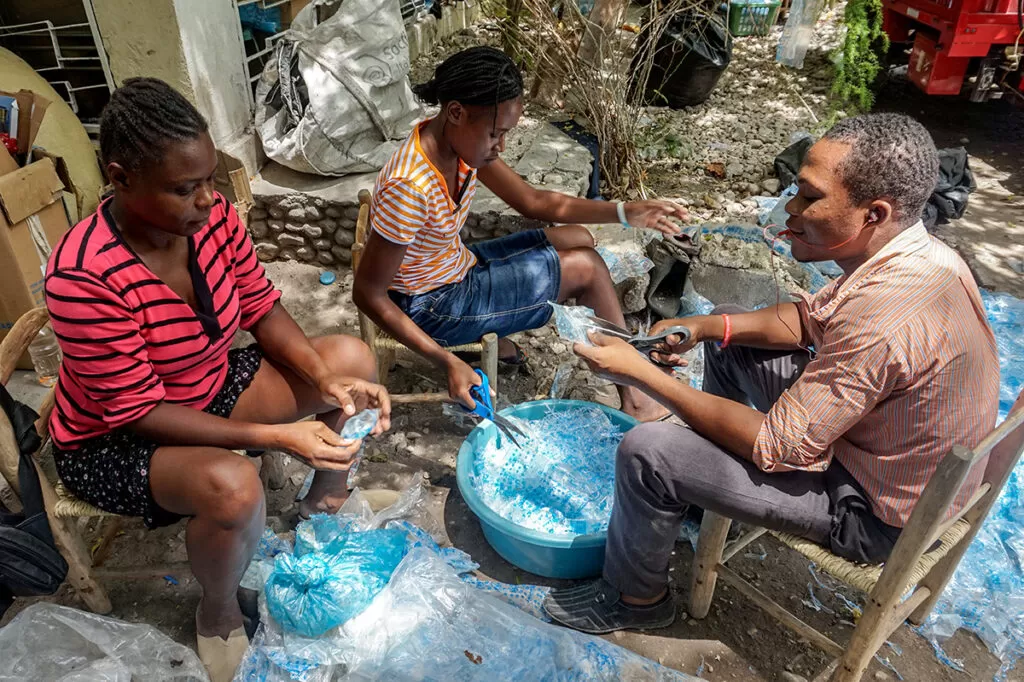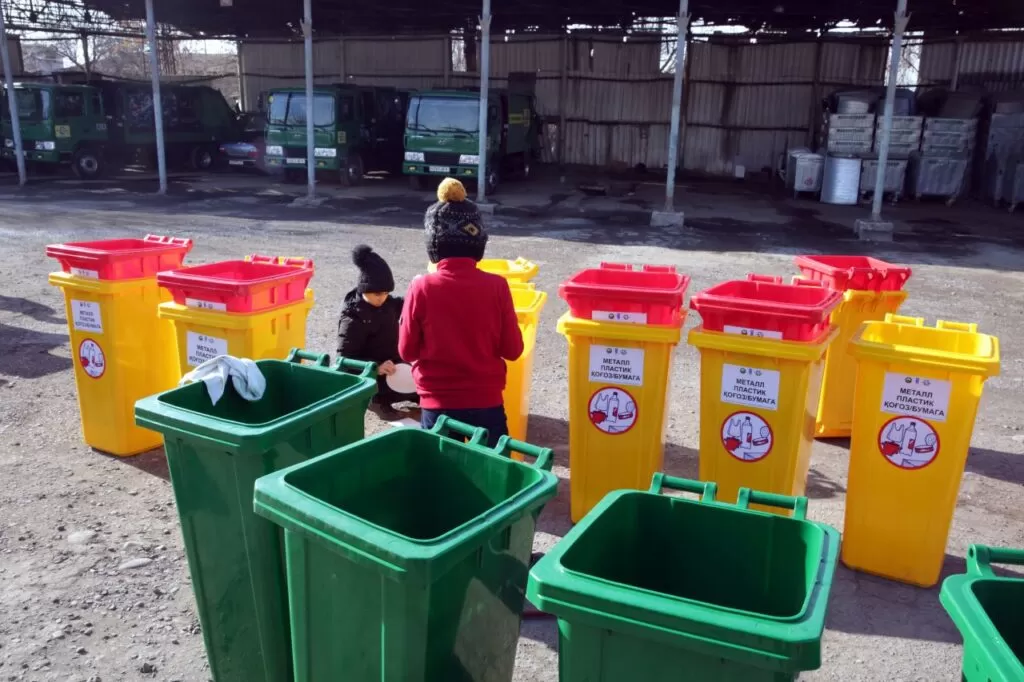The small Caribbean nation of Haiti has long struggled with environmental challenges, especially those related to plastic waste. In my role as CEO of Amige, a company specializing in plastic crushing and shredding machinery, I’ve closely observed and participated in global efforts towards plastic recycling. Haiti’s journey in this realm is not just a story of challenges, but also one of resilience and innovation.
As a bustling hub in the Caribbean, Haiti faces unique environmental challenges, exacerbated by its limited resources and infrastructure. Yet, this hasn’t stopped the nation from making significant strides in plastic recycling. Initiatives, both local and international, are helping Haiti transform its plastic waste into resources, combating pollution, and empowering communities.
In Haiti, plastic waste is not just an environmental hazard but also a socio-economic one. The streets and waterways often brim with discarded plastics, posing health risks and impacting tourism, a vital economic sector. However, recent efforts in recycling are turning this tide. For instance, the Plastic Bank project, which we at Amige admire, encourages locals to collect plastic waste in exchange for money or goods, effectively turning waste into currency.
How Are Local Communities in Haiti Being Mobilized for Recycling?
Local involvement is key to the success of any recycling program. In Haiti, community-based initiatives are pivotal. They not only help in waste collection but also in spreading awareness about the importance of recycling. Projects often include educational components, teaching locals how to segregate and manage waste effectively.

What Are the Challenges Faced in Plastic Recycling in Haiti?
Despite the progress, challenges abound. Haiti’s recycling infrastructure is nascent and needs significant investment. Issues like inconsistent waste collection, lack of segregation at the source, and insufficient recycling facilities hamper efforts. Also, as a leader in the plastic-crushing machinery sector, I see a dire need for advanced technology to manage and recycle plastic waste more efficiently.
How Does Technology Play a Role in Haiti’s Recycling Efforts?
Technology is a game-changer in recycling. Advanced machinery, like the kind we produce at Amige, can greatly enhance the efficiency of plastic waste processing. Haiti needs investments in such technology to improve its recycling capacity. Partnerships with international businesses and organizations can facilitate this technological leap.

What Can Other Countries Learn from Haiti’s Recycling Initiatives?
Haiti’s approach to plastic recycling, particularly its community-driven models, offers valuable lessons for other countries. Despite limited resources, Haiti shows that effective recycling is possible through community engagement and innovative solutions. Countries facing similar challenges can learn from Haiti’s model of turning plastic waste into an economic resource.
How Can International Cooperation Boost Haiti’s Recycling Capabilities?
International cooperation is crucial. Through partnerships, Haiti can gain access to better recycling technology, funding, and expertise. For instance, collaborations with companies like Amige could provide Haiti with advanced plastic crushers and shredders, enhancing the efficiency of their recycling processes.

Conclusion
In conclusion, Haiti’s journey in plastic recycling, while fraught with challenges, is a beacon of hope and innovation. As a business leader in the plastic machinery industry, I see immense potential in Haiti’s efforts and believe that with the right support and technology, it can overcome its environmental challenges.
This is more than just an environmental endeavor; it’s about building a sustainable future for Haiti and setting an example for the world.
